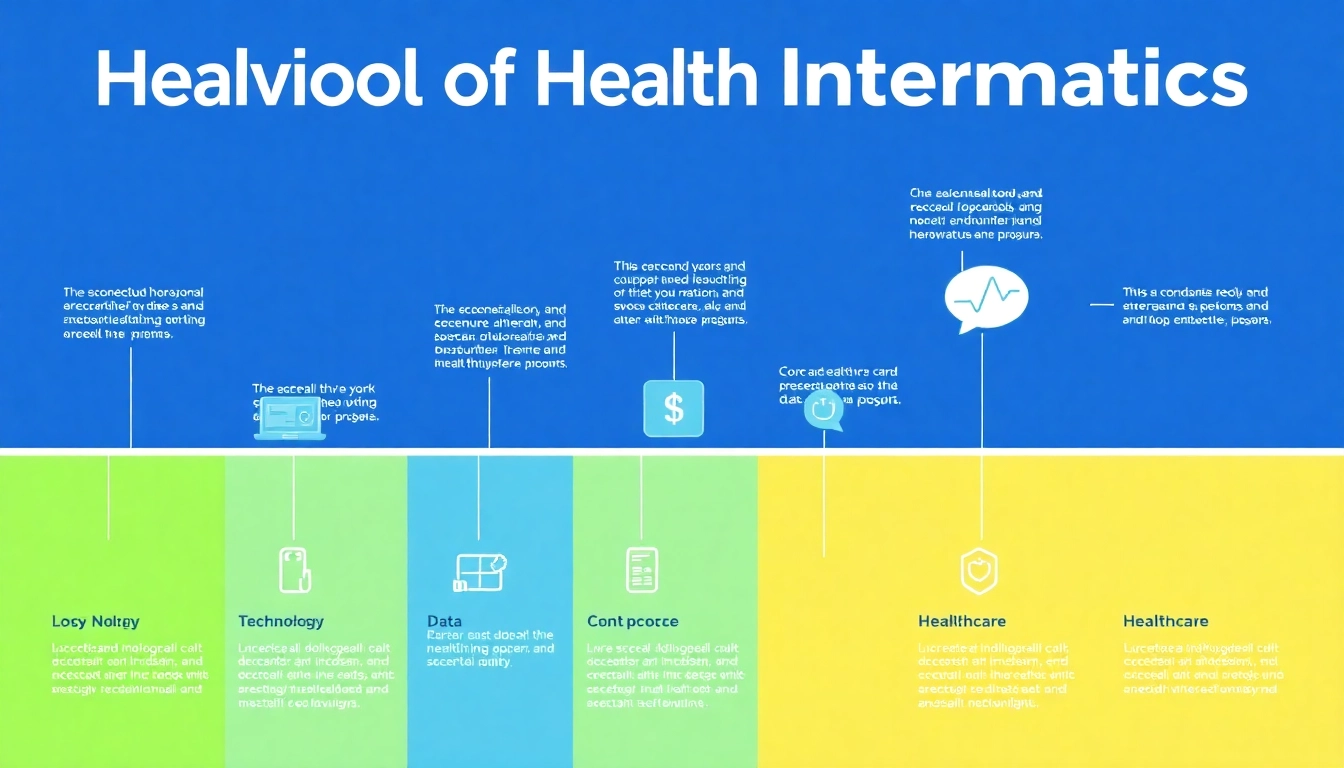Introduction to the VDAP Program
Overview of the VDAP Program
The VDAP Program, or the Voluntary Disciplinary Alternative Program, has been established to aid nurses in the State of Alabama facing issues related to substance use or mental health. This program, initiated to provide a compassionate and rehabilitative approach, offers an alternative to formal disciplinary actions. The essence of the VDAP lies in its focus on early identification and intervention, helping nurses get the necessary support while ensuring public safety through recovery and rehabilitation.
Objectives and Goals of the VDAP Program
The primary objectives of the VDAP Program are multifaceted. It aims to provide a structured environment where nurses can seek help without the fear of immediate punitive actions against their licenses. The program emphasizes:
- Early Identification: Recognizing substance use or mental health issues at the earliest to mitigate long-term effects.
- Intervention: Providing timely assistance to those in need through a tailored recovery plan.
- Treatment and Rehabilitation: Ensuring that participants access necessary treatment options, which can include counseling, medical treatments, and supportive services.
- Monitoring: Keeping track of participants’ progress to confirm adherence to recovery protocols.
Who Qualifies for the VDAP Program
To qualify for the VDAP Program, nurses must meet specific criteria. Generally, the program is available to licensed nurses in Alabama who voluntarily acknowledge their substance use or mental health problems. Key considerations include:
- Admission of the problem: Nurses must openly admit their struggles to gain entry into the program.
- Willingness to engage: A commitment to undergo treatment and participate fully in the program’s requirements is essential.
- Nature of issues: While primarily designed for substance use issues, other mental health challenges may also qualify provided they impact professional responsibilities.
Common Issues Faced by Participants in the VDAP Program
Challenges in Substance Use Recovery within the VDAP Program
Participants in the VDAP Program often face significant challenges, particularly in the context of substance use recovery. Notable issues include:
- Stigma: The societal stigma associated with addiction can discourage individuals from seeking help, and even within the program, feelings of shame may persist.
- Varied Co-occurring Disorders: Many individuals may be dealing with multiple conditions, such as anxiety or depression, complicating the recovery process.
- Financial Burden: Participants bear the costs associated with treatment and monitoring, which may lead to stress and hinder program engagement.
The Impact of Mental Health on Participation in the VDAP Program
Mental health plays a crucial role in the effectiveness of the VDAP Program. Nurses with undiagnosed or untreated mental health conditions may find it challenging to meet program obligations. Common impacts include:
- Impaired Decision-Making: Conditions like depression can hinder rational decision-making, affecting participants’ ability to follow through with treatment plans.
- Motivation Issues: Mental health struggles can lead to a lack of motivation, making it harder for participants to engage actively in their recovery journeys.
- Support System Limitations: Nurses facing mental health challenges may have constrained support systems, making it vital for the program to offer comprehensive assistance and resources.
Barriers to Effective Intervention in the VDAP Program
Effective intervention is vital for the success of the VDAP Program. However, various barriers can impede progress, including:
- Lack of Awareness: Many nurses may not fully understand the program or believe they will be treated fairly, deterring them from participation.
- Resource Limitations: Limited access to treatment facilities or qualified counselors can make it difficult to provide the necessary support.
- Inconsistent Follow-Up: Regular monitoring and follow-ups are critical; failures in these areas can lead to participants feeling abandoned and isolated.
Strategies for Success in the VDAP Program
Best Practices for Navigating the VDAP Program
Navigating the VDAP Program successfully requires a strong commitment and mindful strategies. Best practices include:
- Building a Support Network: Engaging family, friends, and professional networks to foster an environment of support and encouragement.
- Set Measurable Goals: Defining clear and achievable objectives helps maintain focus and motivation throughout the recovery process.
- Regular Self-Assessment: Conducting regular assessments can help participants identify areas of success and those requiring additional focus.
Role of Support Networks in the VDAP Program
A strong support network is instrumental in helping participants through the VDAP Program. This can involve various layers of support, including:
- Peer Support Groups: Sharing experiences with others who are on similar journeys can provide insights and encouragement.
- Family Involvement: Educating family members on the recovery process can lead to enhanced understanding and emotional backing.
- Professional Support: Engaging counselors or therapists specializing in substance use or mental health can enhance the holistic recovery experience.
Monitoring Progress and Outcomes in the VDAP Program
Monitoring is a pivotal aspect of the VDAP Program. Key strategies for effective monitoring include:
- Regular Check-ins: Scheduling consistent progress meetings can help assess recovery status and make adjustments as needed.
- Utilizing Journals: Maintaining a recovery journal provides an avenue for reflection and accountability regarding progress.
- Feedback Mechanisms: Encouraging feedback on the program’s mechanisms fosters a sense of engagement and allows participants to voice concerns or needs.
Legal Considerations Surrounding the VDAP Program
Understanding the Legal Framework of the VDAP Program
Comprehending the legal framework governing the VDAP Program is essential for participants. Key aspects include:
- Voluntary Nature: Participation in the program is voluntary, yet it requires a commitment to disclosure and openness regarding challenges.
- Confidentiality Protections: Legal protections exist to maintain the confidentiality of participant disclosures, enhancing trust in the program.
- Potential Disciplinary Actions: Participants should understand the circumstances under which disciplinary actions can still occur, emphasizing proactive engagement in recovery.
Rights of Participants in the VDAP Program
Participants in the VDAP Program retain specific rights designed to protect their interests. These rights include:
- The Right to Privacy: Participants’ personal information and treatment records are kept confidential.
- The Right to Informed Consent: Programs must inform participants about procedures, risks, and their rights within the program.
- The Right to Appeal: If a participant disagrees with a decision made regarding their program status, they have the right to appeal.
Potential Consequences of Non-compliance in the VDAP Program
Non-compliance with the VDAP Program can lead to severe consequences, such as:
- Disciplinary Actions: Failure to abide by the program guidelines may result in formal discipline from the Alabama Board of Nursing.
- Loss of Licensure: Continued non-compliance can lead to the revocation of nursing licenses, affecting career prospects significantly.
- Legal Repercussions: In some cases, failure to comply with the terms of the program may expose participants to legal actions.
Resources and Support for Nurses in the VDAP Program
Available Resources for Nurses Participating in the VDAP Program
Numerous resources are available for nurses engaged in the VDAP Program, including:
- State Resources: The Alabama Board of Nursing provides various resources, including guides and contact points for support.
- Online Support Communities: Many online forums and social media platforms host groups specifically designed for nurses in recovery.
- Educational Materials: Access to literature and resources that outline recovery strategies and coping mechanisms can enhance understanding.
Professional Guidance and Counseling for the VDAP Program
Seeking professional guidance is paramount for success in the VDAP Program. Professional services can include:
- Individual Therapy: Tailored therapy sessions can help participants uncover underlying issues and foster coping strategies.
- Group Therapy: Participating in group sessions can enhance social support and provide shared learning opportunities.
- Workshops and Seminars: Educational events focused on recovery, mental health, and professional reintegration can be very beneficial.
How to Seek Help and Advice Regarding the VDAP Program
Nurses seeking help regarding the VDAP Program should consider the following steps:
- Reach out to the Alabama Board of Nursing: Initiating contact via official channels can clarify program details and available resources.
- Connect with Experienced Peers: Networking with other nurses who have successfully navigated the VDAP can provide invaluable insights and advice.
- Utilize Online Platforms: Engaging with online communities dedicated to nursing and recovery can offer support and practical advice.



